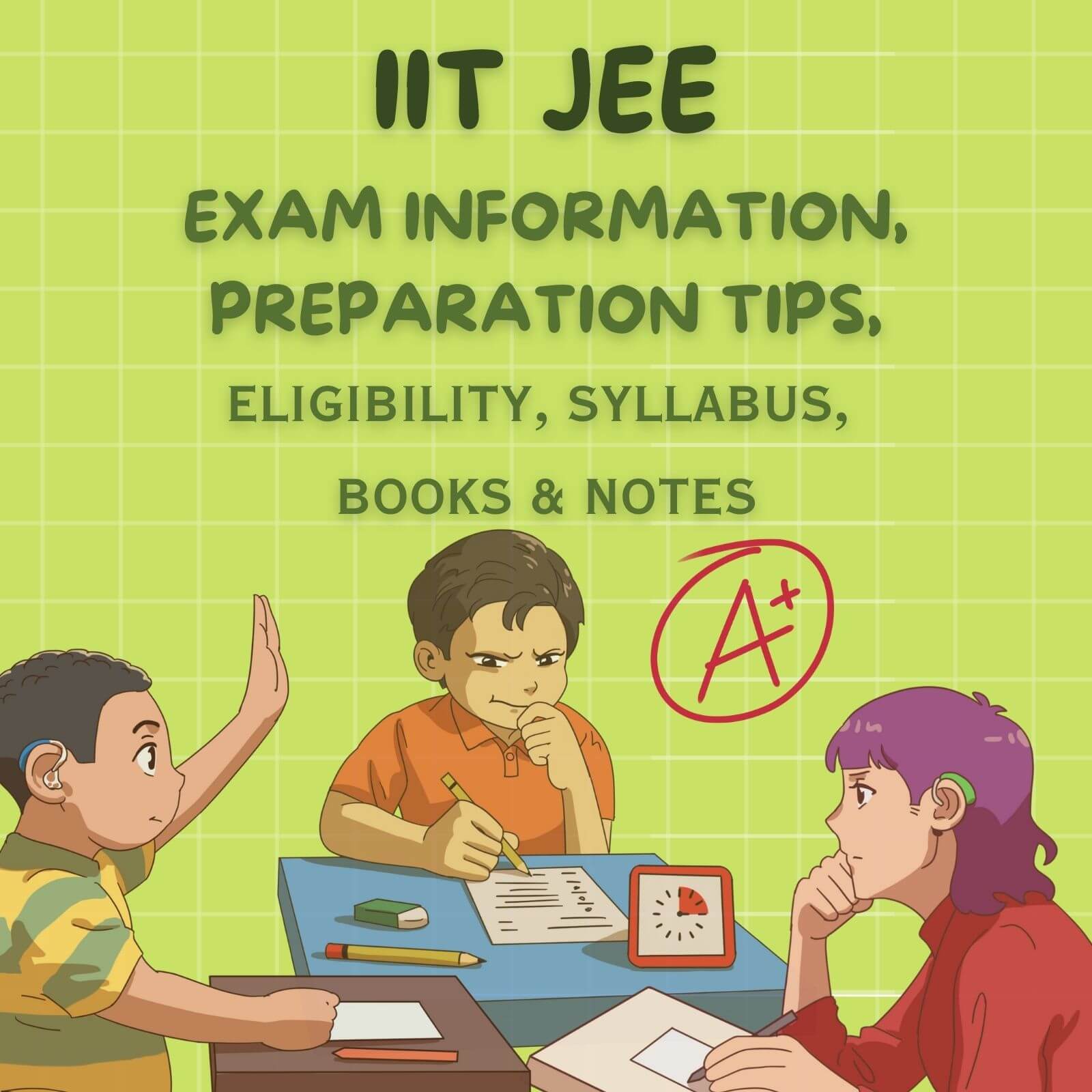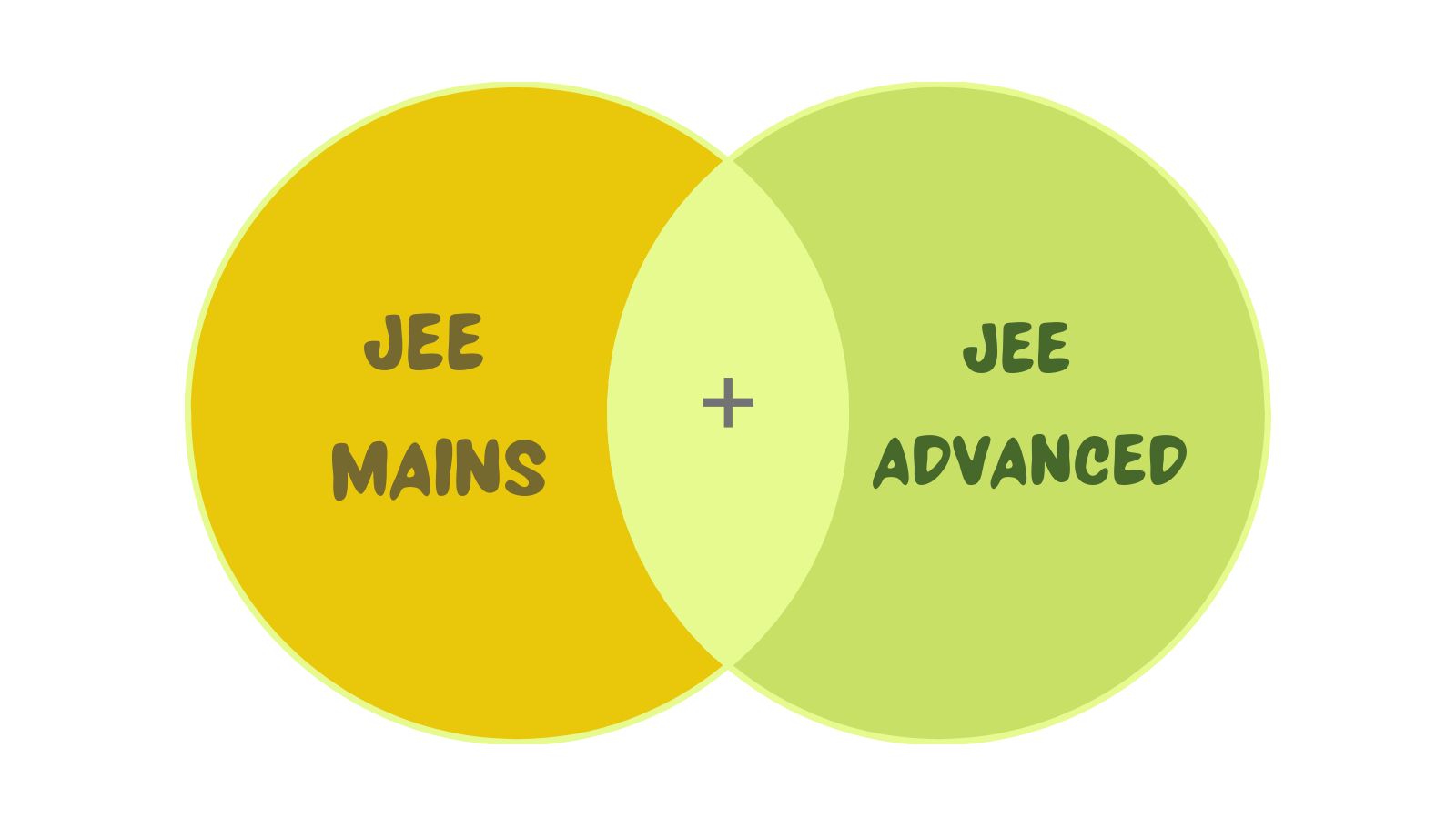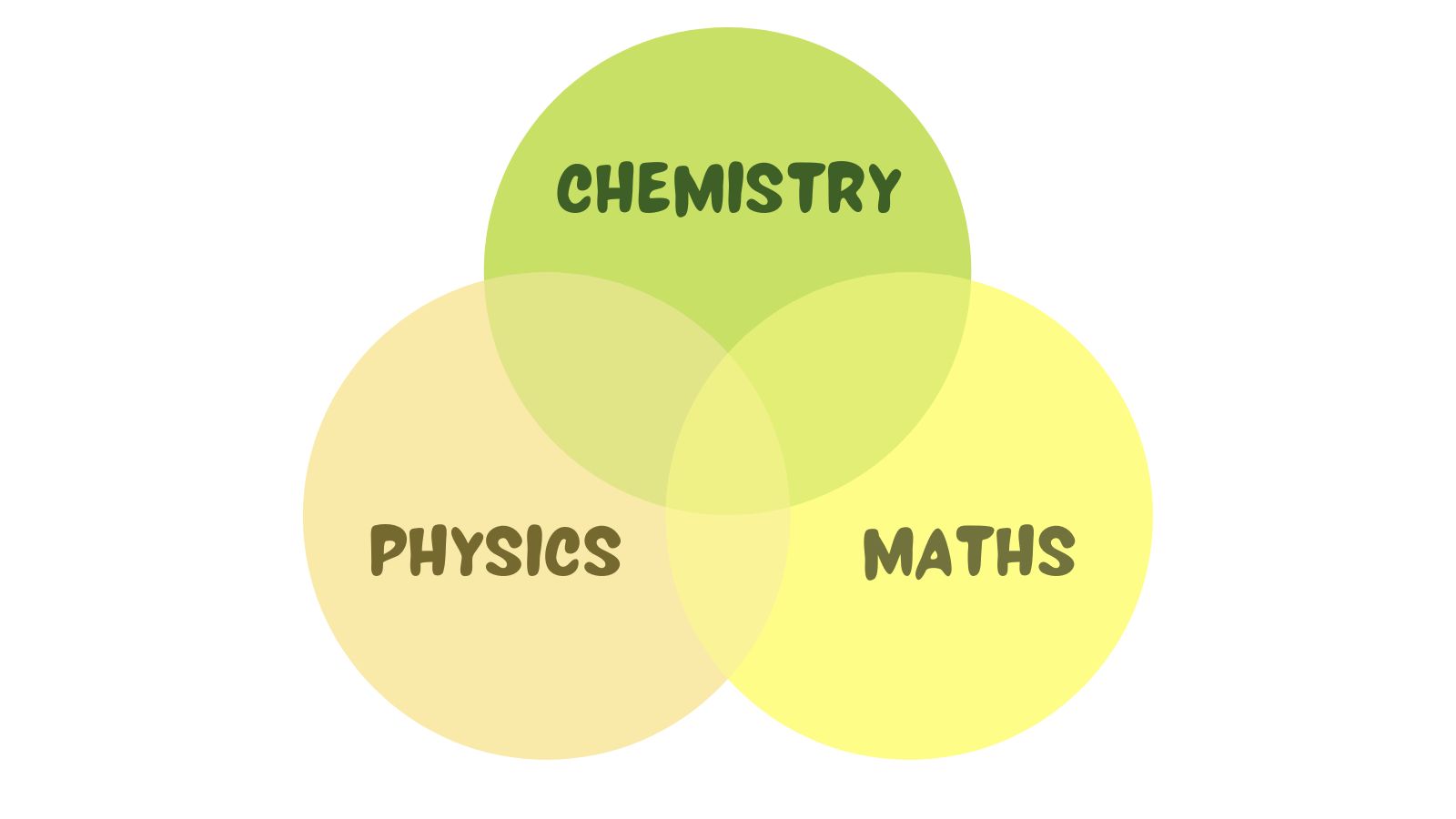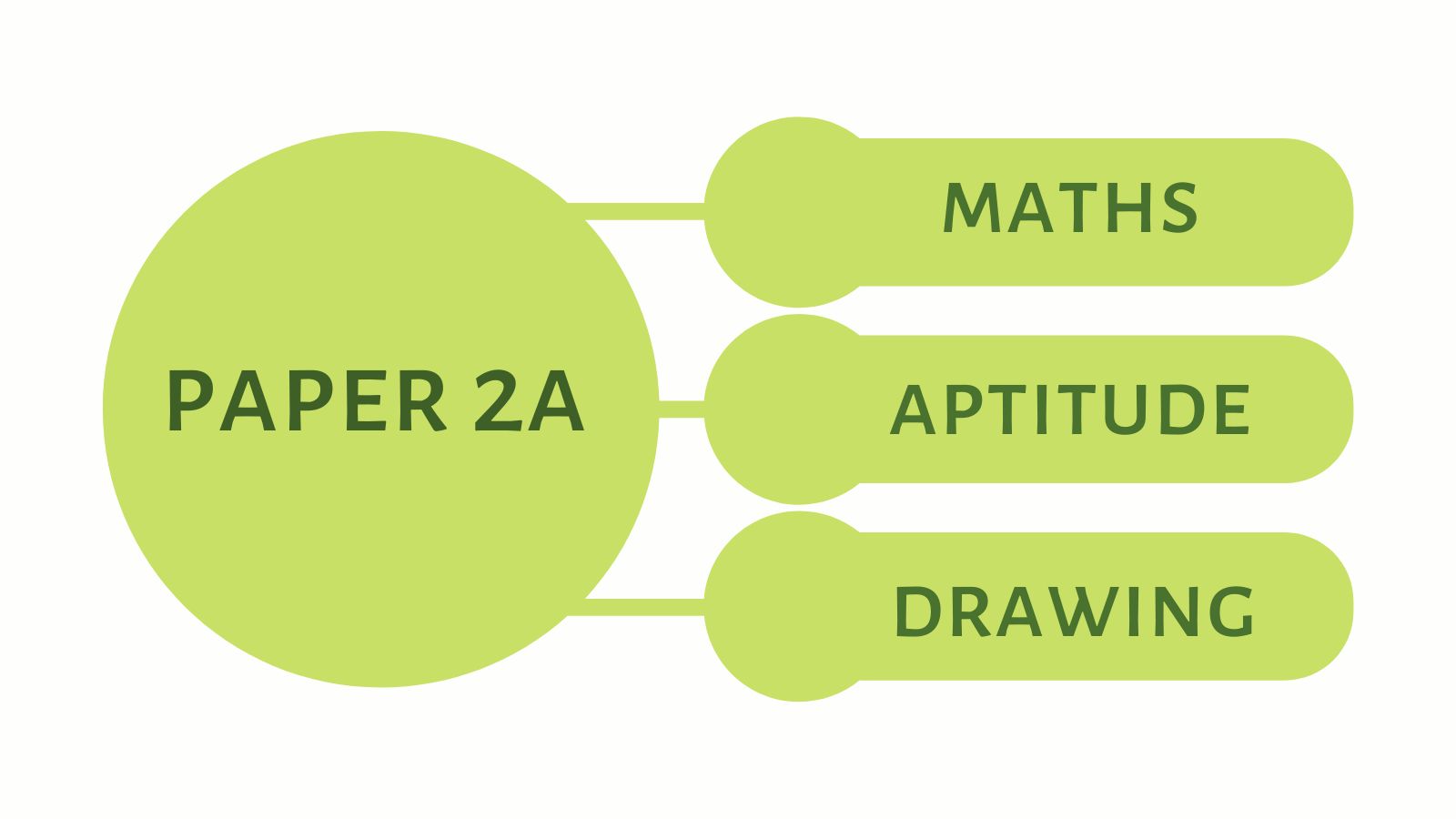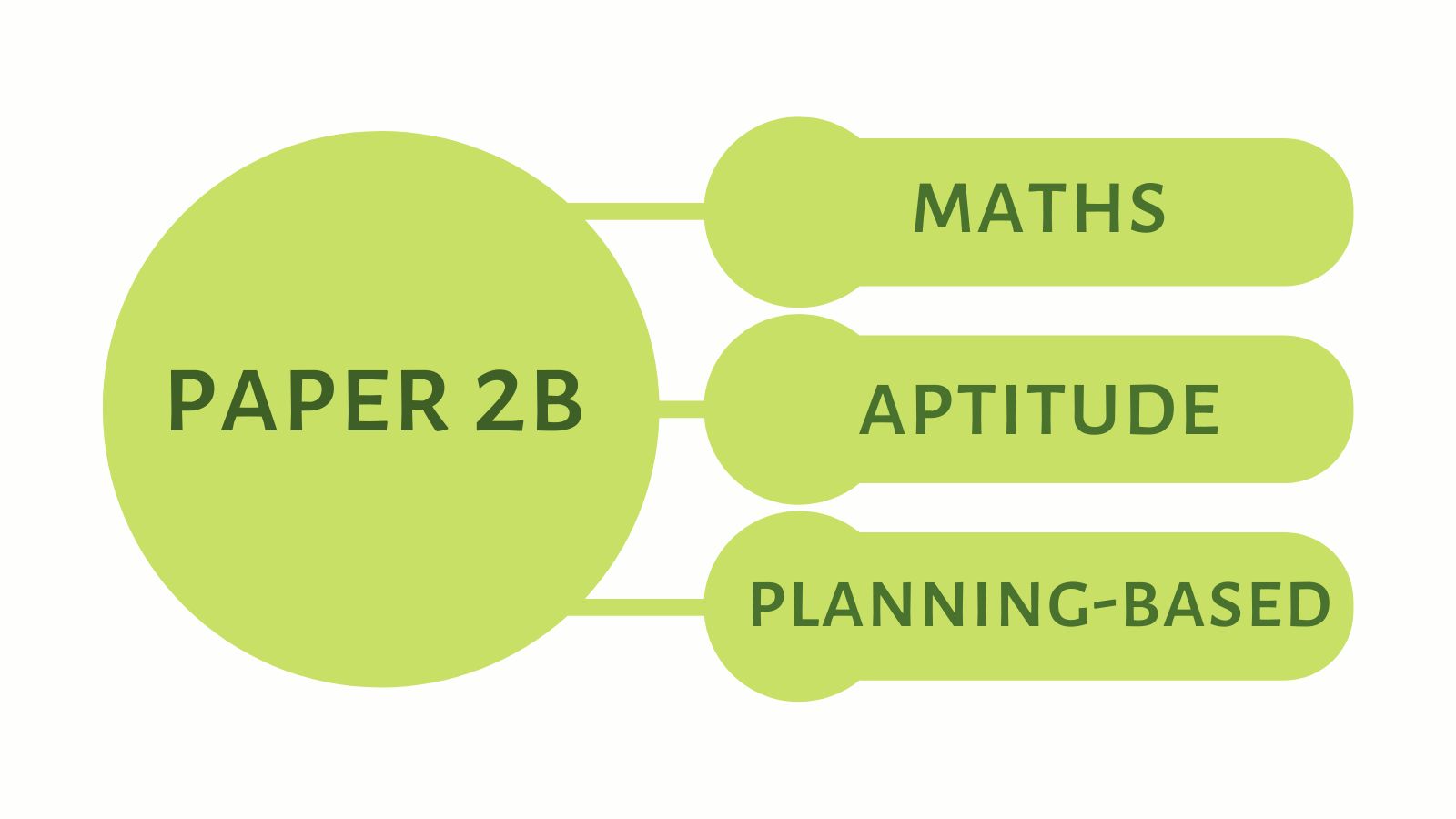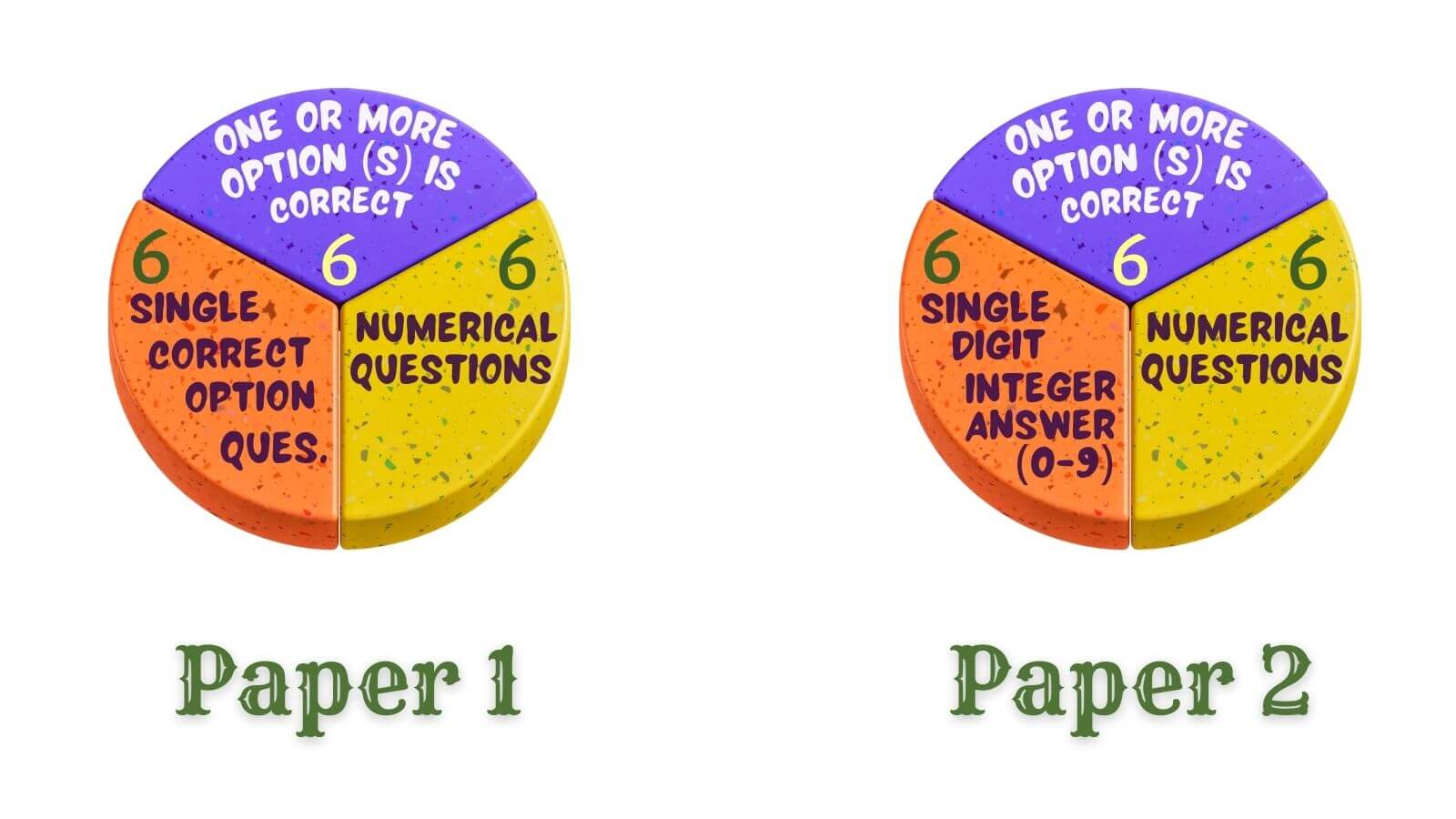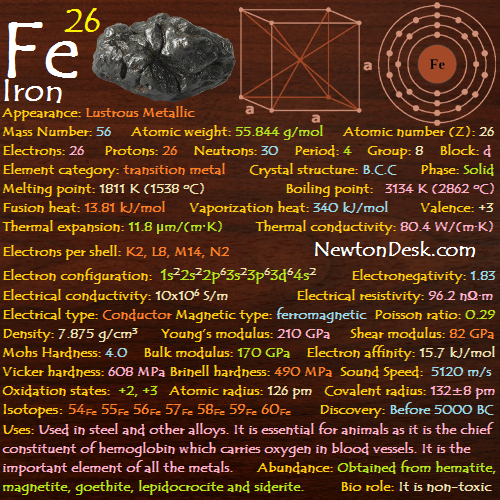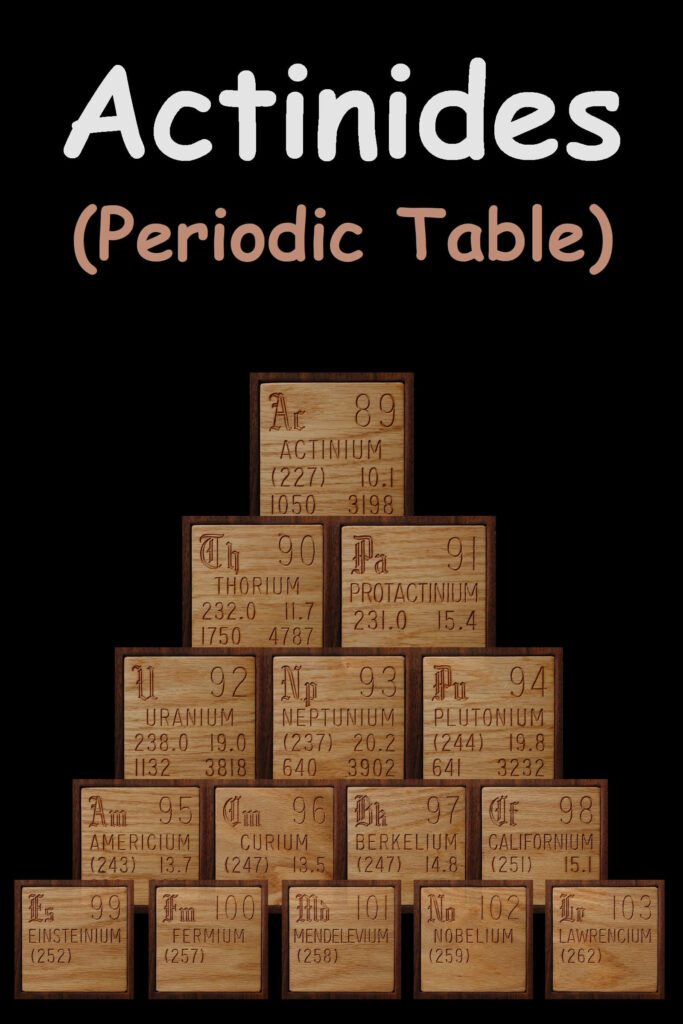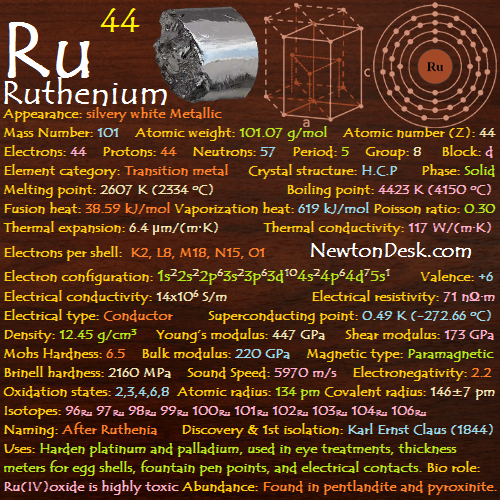On this page, you will get generic information related to engineering institutes or colleges that come up with various courses. Moreover, I will give you the strategy, as an illustration, of how to prepare for IIT JEE mains & Advanced Exam 2024 (detailed information). Meanwhile, there is a golden opportunity for students who want to pursue these courses from the best colleges across the country. These institutes perform a few entrance exams. Thus, to select graceful students in everyone’s interests in engineering fields.
What is the IIT JEE exam? To begin with the JEE Exam Information 2024, first of all, you should know what it is. JEE is a Joint Entrance Exam to get admission to engineering institutes. JEE exam is conducted by NTA (National Testing Agency).
CONTENT INDEX
About IIT JEE Exam
This exam has an undergraduate-level degree to offer admission to the students.
JEE exam is a computer-based online exam. The marks scored in JEE exam help the students to take part in such institutes-
- Indian Institute of Science (IISc) – Bengaluru
- Indian Institute of Technology (IIT) – 23 Colleges,
- National Institute of Technology (NIT) – 32 Colleges,
- Indian Institute of Information Technology (IIIT) – 26 Colleges,
- Government-Funded Technical Institutes (GFTI) – 33 Colleges
Furthermore, you should know the stages included in IIT JEE Exam information in detail such as –
- JEE Main
- JEE Advanced
What is JEE Main and JEE Advanced?
JEE Main Exam 2024 (Full Information)
Number Of Attempts – JEE Main conducts two sessions every year, and candidates can give JEE Main exam 6 times in 3 consecutive years.
JEE Main conducts for three kinds of students –
- Paper 1 – Students who wish to take B.E. or B. Tech. courses
- Paper 2A – Students who wish to take B. Arch. course
- Paper 2B – Students who wish to take the B. Planning course
Have a proper knowledge of the IIT JEE syllabus; students can have a piece of cake in their IIT JEE preparation. So, to start with paper-wise JEE Exam information
Paper 1 Exam Pattern
Paper 1 includes the total questions in this test is 90. 30(20+10) questions will come from each subject (PCM). These questions are 20 multiple-choice questions (MCQ) and answer 5 out of 10 numerical questions from each subject.
Mode – Paper 1 is a computer-based online test. The exam duration is of 3 hours.
Marking Scheme – Maximum marks are 300 in this test. For every correct answer, you will get +4. Also, for every wrong answer, you will get -1 and for an unattempted answer, you will get 0 (zero).
Subjects – Subjects in Paper 1- There are 3 subjects, i.e., Physics, Chemistry, and Maths (PCM), that are important to understand and are the first step in preparation for JEE Exam. Some important books for these subjects (PCM) are-
| MATHEMATICS | CHEMISTRY | PHYSICS |
| Class 11th and Class 12th NCERT Textbook Maths | Class 11th NCERT Textbook Chemistry | Class 11th NCERT Textbook Physics |
| Mathematics Class Vol. I and Mathematics Class Vol. II by- R. D. Sharma | Class 12th NCERT Textbook Chemistry | Class 12th NCERT Textbook Physics |
| Integral Calculus for IIT JEE by Amit M Agarwal | Physical Chemistry by O.P. Tandon | Concepts of Physics Volume I and Volume II H.C. Verma |
| 36 Years’ Chapter-wise Solved Papers by Arihant | Organic Chemistry by Morrison and Boyd | D.C. Pandey Objectives of Physics |
| IIT JEE Mathematics by M. L. Khanna and J. N. Sharma | Inorganic Chemistry by O.P. Tandon | Problems in General Physics by I.E. Irodov |
| New Pattern IIT JEE Mathematics by S. K. Goyal |
JEE MAIN MATHS SYLLABUS
Maths syllabus includes Class 11 and Class 12 NCERT books are basic to understand the topics thoroughly. It follows the topics:
| JEE Main Math Syllabus | |||
| 1. | Sets , Relations and Functions | 2. | Quadratic Equations |
| 3. | Determinant | 4. | Permutations Combinations |
| 5. | Matrices | 6. | Sequence Series |
| 7. | Mathematical Induction | 8. | Limits and Continuity |
| 9. | Binomial Theorem | 10. | Statistics |
| 11. | Differentiability | 12. | Integral Calculus |
| 13. | Differential Equations | 14. | Vector Algebra |
| 15. | Trigonometry | 16. | Mathematical Reasoning |
| 17. | 3-D Geometry | 18. | Probability |
| 19. | Complex numbers | 20. | Coordinate Geometry |
JEE MAIN PHYSICS SYLLABUS
Physics syllabus includes Class 11 and Class 12 NCERT books are basic to clear conceptual things. It has 2 sections
- Section A– Theory
- Section B – Practical- Experimental Skills
| JEE Main Physics Syllabus | |||
| 1. | Physics and Measurement | 2. | Thermodynamics |
| 3. | Kinematics | 4. | Rotational Motion |
| 5. | Gravitation | 6. | Work and Energy |
| 7. | Laws of Motion | 8. | Properties of Solids and Liquids |
| 9. | Oscillations | 10. | Electronic Devices |
| 11. | Current Electricity | 12. | Waves |
| 13. | Communication systems | 14. | Electromagnetic Waves |
| 15. | Magnetism | 16. | Electromagnetic Induction |
| 17. | Magnetic Effects of Current | 18. | Alternating Currents |
| 19. | Dual Nature of Matter | 20. | Kinetic Theory of Gases |
| 21. | Atoms | 22. | Nuclei |
| 23. | Optics | 24. | Electrostatics |
JEE MAIN CHEMISTRY SYLLABUS
Chemistry syllabus includes Class 11 and Class 12 NCERT books are basic to clear the conceptual topics. It has 3 portions-
| Physical Chemistry | Inorganic Chemistry | Organic Chemistry |
| Some basics concepts in Chemistry | Classification of elements and periodicity in properties | Purification and Characterization of Organic Compounds |
| Atomic Structure | Hydrogen | Hydrocarbons |
| Chemical Thermodynamics | p-block elements | Organic compounds containing oxygen |
| Equilibrium | Coordination Compounds | Polymers |
| Chemical Kinetics | General Principles and Processes of Isolation of Elements | Chemistry in Everyday Life |
| States of Matter | s-block elements | Some Basic Principles of Organic Chemistry |
| Chemical Bonding and Molecular Structure | Environmental Chemistry | Organic Compounds containing Halogens |
| Solutions | d and f-block Elements | Organic Compounds containing Nitrogen |
| Redox Reactions and Electrochemistry | Biomolecules | |
| Surface Chemistry | Principles related to Practical Chemistry |
Paper 2A Exam Pattern
Paper 2A is for the B. Architecture course which includes 82 questions (answer 77 out of 82). Furthermore, it has both objectives (online, i.e., computer-based online test) and drawing questions (offline). Exam duration for this test is 3 hours.
Marking Scheme – The maximum mark includes in this test is 400. For every correct answer, you will get +4. For every wrong answer, get a negative marking -1.
Subjects – There are 3 sections in Paper 2A-
- Part 1 – Mathematics – MCQs(20) + Numerical Value-Based Questions (answer 5 out of 10)
- Part 2 – Aptitude – MCQs(50)
- Part 3 – Drawing – Questions(2)
Maths Syllabus – It is same as was stated above.
Aptitude Syllabus – Aptitude includes-
| · Surface and objects associated with Architecture and as building elements |
| · Familiarization with places, relevant people, structure/buildings and materials/objects |
| · Capability of visualizing various sides of 3D items |
| · Transformation capabilities of 3D objects from 2D drawings |
| · Mental Capability of Analytical and Reasoning concepts (Visual, numerical and verbal) |
Drawing Syllabus – Drawing includes-
| · Portraying of scenes and exercises from memory of urban-scape and scenes for open spaces, festivals, markets, road scenes, landmarks, recreational spaces, waterway fronts, wildernesses, trees, plants, etc |
| · Making 2D and 3D pieces utilizing given shapes and structures |
Paper 2B Exam Pattern
Paper 2B is for the B. Planning course includes 105 questions ( answer 100 out of 105).
Mode – Exam mode will conduct partially in a computer-based online test. Exam duration for this test is 3 hours.
Marking Scheme – Marking Scheme is in the same way as stated above in Paper 2A.
Subjects – Similarly to Paper 2A, Paper 2B also has 3 sections-
- Part 1 – Mathematics – MCQs(20) + Numerical Value Based Questions (answer 5 out of 10)
- Part 2 – Aptitude – MCQs(50)
- Part 3 – Planning Based – Objective Type –Questions(25)
Maths Syllabus – Maths syllabus is same as was stated above.
Aptitude Syllabus – Aptitude includes
| · Structure and drawing of geometrical or dynamic shapes and examples in pencil |
| · 3D perception: Analyzing and developing concepts about scale and object proportions, building structures and components, shading surface, agreement, and complexity |
| · Change of structures between both 2D and 3D figures and their inter-relations, subtraction, surface and volume development, plan generation, heights |
| · Generation of plan, elevations and 3D views of objects |
Planning Based Syllabus – Planning based questions includes-
| · General Awareness with regard to government programs/schemes, development issues, etc |
| · Critical thinking, Comprehension, Analytical skills, Map reading skills, Graphs, Charts, Simple statistics etc |
| · CBSE Class X Social Sciences |
About JEE Advanced Exam 2024 (Full Information)
JEE Advanced is the second phase exam, In which, Students who shortlisted after JEE Main can now appear for JEE Advanced. Thus, it will conduct after JEE Main exam. It’s a test for those students who want to take admission to IISc, IITs.
There are 7 Main IITs–
- IIT Bombay
- IIT Delhi
- IIT Guwahati
- IIT Kanpur
- IIT Kharagpur
- IIT Madras
- IIT Roorkee
This exam conducts for students who want to take admission to B.E. or B. Tech. courses.
Mode – It is a computer-based online test.
Subjects – Chemistry, Mathematics, and Physics
Test Duration – 3 hours for Paper 1 and Paper 2 each. And, both are mandatory to attempt them. These two papers will always conduct on the same day.
Number Of Attempts – Students can give this exam maximum of two times in consecutive years only.
JEE Advanced Exam Pattern – JEE Advanced consists of 2 question papers, i.e., Paper 1 and Paper 2. Both papers have 3 same sections- Physics, Chemistry, and Mathematics (PCM). Furthermore, the syllabi of each subject as stated above.
JEE Advanced exam pattern for both Paper 1 and Paper 2 varies a little every year.
JEE Advances Paper 1 Exam Pattern
| Section | Question type | Number of Questions | Marking scheme | ||||
| Full marks | Partial marks | Zero marks | Negative marks | Max. marks | |||
| Section 1 | Single correct option question | 6 | +3
For the correct answer |
– | 0
No mark for not attempting the option |
-1
For wrong answer |
18 |
| Section 2 | One or more option(s) is correct | 6 | +4
For the correct option(s) |
+3 (3 out of 4 correct options) +2 (2 out of 3 correct options) +1 (1 out of 2 correct options) |
0
No mark for not attempting the option |
-2
For wrong answer |
24 |
| Section 3 | Numerical questions | 6 | +4
For entering the correct numerical value |
– | 0 | – | 24 |

JEE Advanced Paper 2 Exam Pattern
| Section | Question type | Number of Questions | Marking scheme | ||||
| Full marks | Partial marks | Zero marks | Negative marks | Max. marks | |||
| Section 1 | One or more option(s) is correct | 6 | +4
For the correct option(s) |
+3 (3 out of 4 correct options) +2 (2 out of 3 correct options) +1 (1 out of 2 correct options) |
0
No mark for not attempting the option |
-2
For wrong answer |
24 |
| Section 2 | Numerical questions | 6 | +4
For entering the correct numerical value |
– | 0
No mark for not attempting the option |
– | 24 |
| Section 3 | Single digit integer answer (0-9) | 6 | +3
For entering the correct integer |
– | 0 | -1
For wrong answer |
18 |
IIT JEE Study Timetable 2024
In order to qualify for the JEE Exam, students should gather the information related to keeping on track. So, having the best study timetable, you can win half of your battle. You can choose the best study timetable from Newtondesk.
IIT JEE Preparation Tips by Topper
Students should know relevant information regarding to JEE Exam 2024. Most importantly, every student should follow some preparation tips which is given by the toppers:
The First 3 Important Preparation Tips are
- Get a handle on the syllabus – First of all, you have to take out a print of the syllabus and stick it in front of your study table. And see what subjects you have to look at. Also, the topics included in it.
- Prepare a well-organized schedule – Follow the best study timetable in your JEE Exam preparation. It will keep you on the right track. You can choose your study timetable at Newtondesk.
- Select the relevant study material – Select the limited sources for the preparation, that information plays the most important role in JEE Exam. First, start with the conceptual ones, and then solve numerically based questions. Cover one by one.
➤ NEET Exam Preparation Tips, Strategy, Syllabus and Books
Other Preparation Tips are
- Do not delay for JEE Advanced – You must prepare for phase 2 (JEE Advanced) with phase 1 (JEE Main). The syllabus is the same for 3 subjects, after JEE Main takes a break of 1-2 day then prepare for JEE Advanced.
- Time management – As you follow the best study timetable, subsequently, you will complete your work from time to time. You can manage your time well for your study as well as you can relax your mind.
- Understand the basic concepts – Pick your basic books first and understand the conceptual topics regarding the syllabus.
- Set small targets daily – Set only small targets in your timetable and execute them. That will make you worry less, and your confidence will automatically rise.
- Prepare your strategy for learning – Initially, read the topics at least twice. In the same way, you will make your notes. Also, practice questions as much as you can.
- Have discipline and regularity – As you follow your strategy sincerely, you become a well-disciplined person. Thus, you develop your skills for your professional life.
- Solve numerical questions – Solve more numerical questions to ensure that your speed and accuracy will improve. Have a small copy, write all the formulas, and revise it daily.
- Practice mock test – Practice mock test and do analysis once a week. Thus, this will improve your performance.
- Revise short notes – Revision should be must. Revise your daily short notes before sleep, Or you can go with Newtondesk Study Notes.
- Eat healthy food – Involve healthy foods in your diet. Thus, your body will be physically fit and cheerful.
- Do exercise and meditation – Exercises daily in the morning or evening for 30 minutes to energize your body for focused study. Also, meditate for 15-20 minutes daily, It keeps your mind calm and relaxed.
JEE Exam Queries
Query1: What is the difference between IIT and JEE?
Ans.: IIT is an Indian Institute of Technology; students can pursue engineering courses from prestigious institutes across India. JEE is a Joint Entrance Exam through which students can pursue engineering courses from various colleges or institutes across the country.
Query2: How many exams are there in IIT JEE?
Ans.: IIT JEE has 2 phases- JEE Main and JEE Advanced.
Query3: Can anyone prepare for NEET Exam by having Maths + Biology subjects (PCBM)?
Ans.: Yes, by having the best study timetable with the best strategy, you can prepare for NEET Exam. You can go through Newtondesk study plan.
Query4: How many times we can attempt the IIT exam?
Ans.: IIT JEE Exam has 2 phases- First, JEE Main has the eligibility to attempt 6 times over 3 consecutive years. Second, JEE Advanced has the eligibility to attempt 2 times over consecutive years.
Query5: What is the minimum mark for IIT?
Ans.: The cut-off for IIT varies every year according to the number of candidates who apply for the exam and the difficulty level of exam.
Query6: How many hours do to study for IIT?
Ans.: Students should devote 6-7 hours per day regularly.
Query7: Can I crack IIT without coaching?
Ans.: Yes, you can crack IIT by studying from relevant books, the best study timetable, and practice mock tests.
Query8: Should I make my own notes?
Ans.: Yes, first you have to read the topics twice and then make your own short notes.
Query9: I appeared in the Class 12 examination for the first time in 2023. Am I eligible for the JEE Advanced 2024?
Ans.: Yes, you can give JEE Advanced. Moreover, you have the other eligibility criteria, also.
Riya utwal
